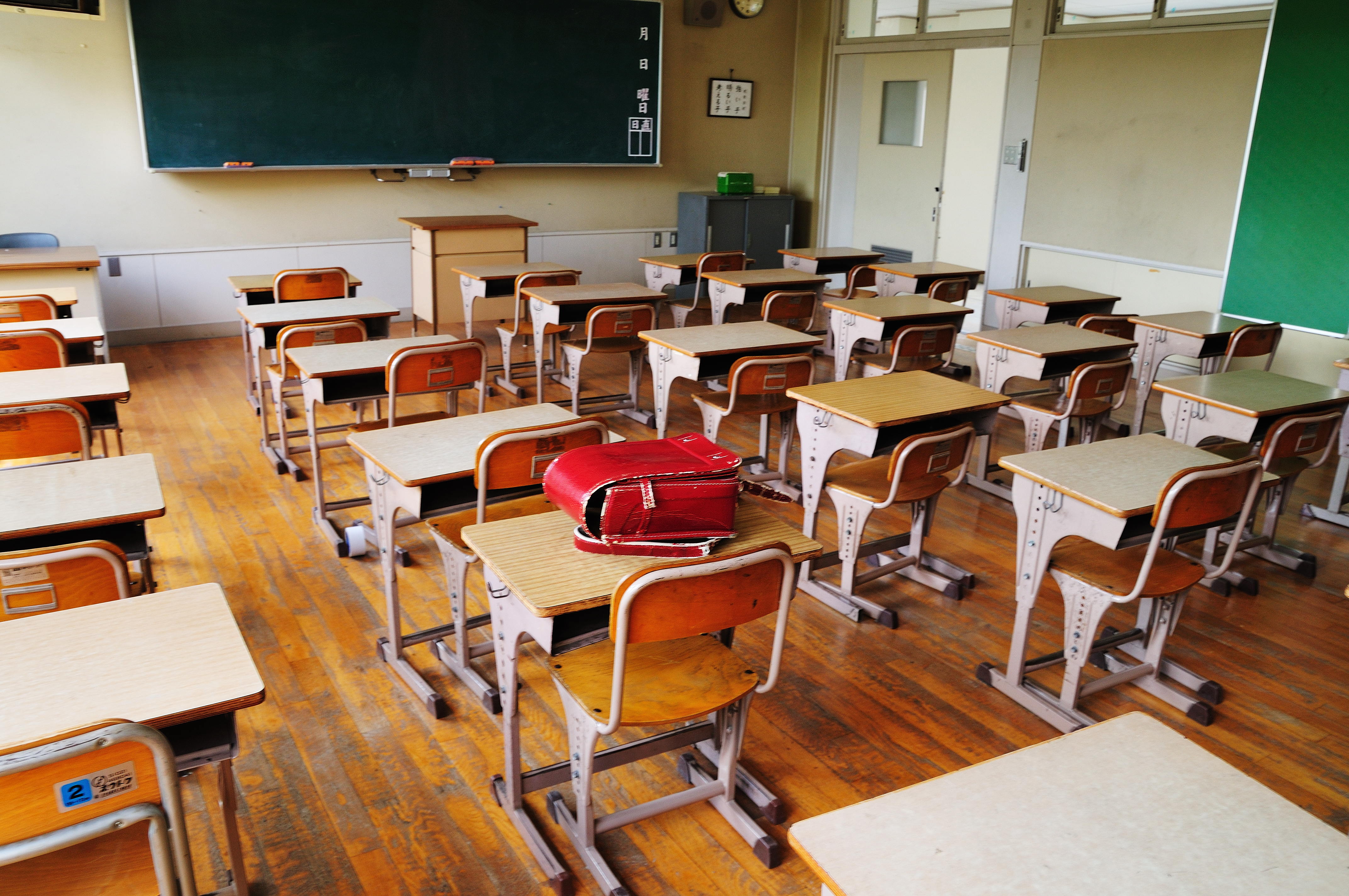In spite of the Grammar Schools, the necessity for some other Private Schools was also felt because of the following reasons:—
1. It was not possible for children of poor families to get admission in Grammar Schools.
ADVERTISEMENTS:
2. Because of the defective environment of the Grammar Schools many families did not want to send their children to them.
3. Some families did not like that their children should come in contact with children of business-class people who were studying in the Grammar Schools.
4. Private schools were much better in discipline and organisation than the Grammar Schools. More subjects were taught in these schools. History, geography and modern languages, mathematics and art were the additional subjects taught in them. English and French occupied a special place in them.
The interests and aptitude of students were developed by giving them opportunities to take up such subjects as music, painting, modelling, printing and surveying. Thus the students got opportunities for their natural development.
ADVERTISEMENTS:
5. Private Schools were very carefully maintained and latest, progressive teaching methods were used in them. They had also become centres for experimental and research work.
6. The Private Schools followed the democratic principles in maintaining discipline, as the students themselves were made responsible for the same. For maintaining discipline the students used to select a committee which formulated discipline rules.
All the students were compelled to follow these rules. The defaulters were presented before the Jury presided over by a Judge. The Judge and the members of the Jury were students themselves. The defaulters were sometimes deprived of certain facilities or were closed in dark-rooms for some time.
Similarly, there were many other committees consisting of students themselves to look after various affairs relating to students. But the critics criticised this excellent system on the ground that it made students adults prematurely. Girls were also educated in Private Schools.
ADVERTISEMENTS:
The aim of their education was to make them good house-wives. Hence, in the curriculum subjects pertaining to domestic arts, instrumental and vocal music, painting and embroidery, French and Italian and general knowledge were included.
Upto 1840, not much improvement could be effected in Endowed and Public Schools. But due to the views of Bentham, Jermy and Mills people began to criticise these schools. Bentham and Mills were for utilitarianism which these schools did not promote.
The Missionaries also criticised the curriculum of these schools. Due to the Industrial Revolution a special class of middle class people came up. These people stood for individualism which the Endowed and Public Schools did not follow. Hence the time was ripe for the reforms of these schools.

